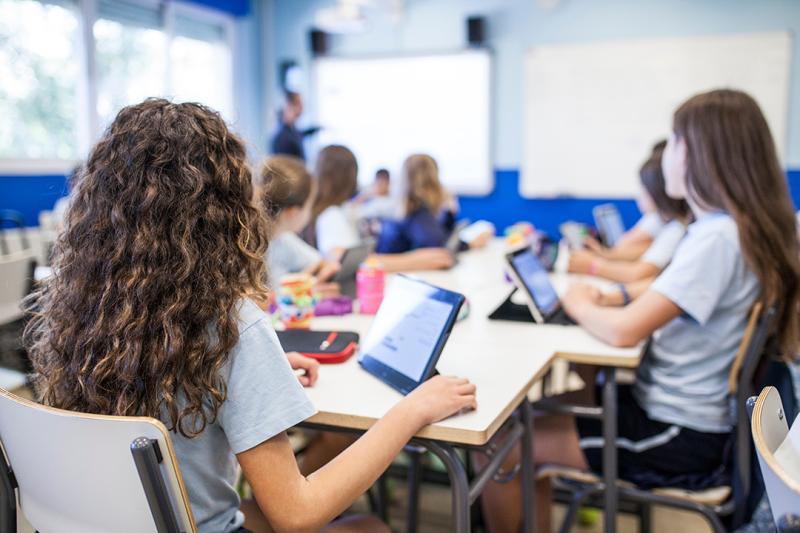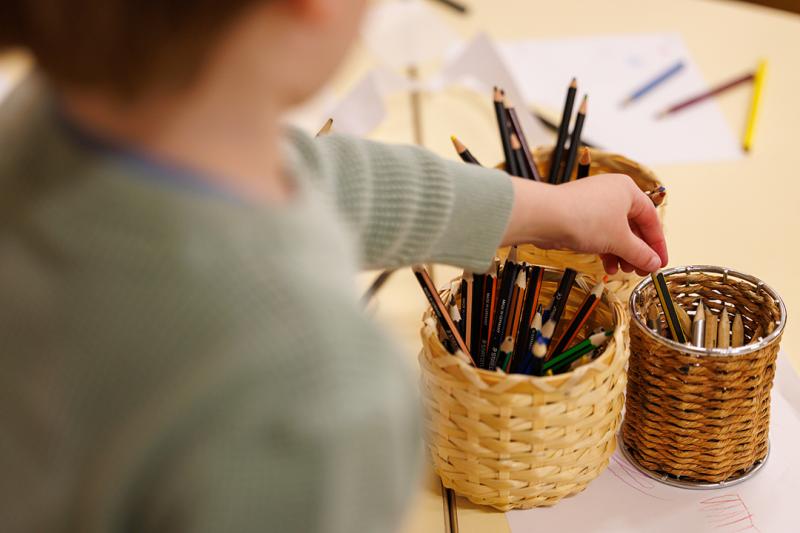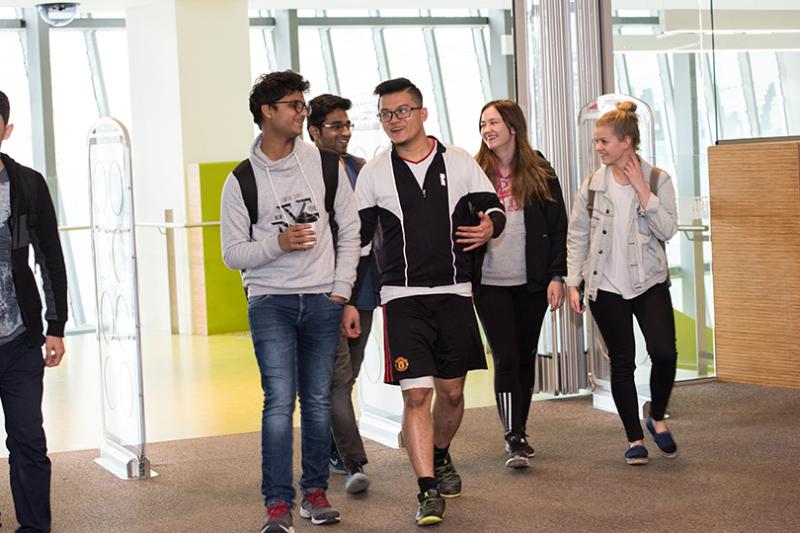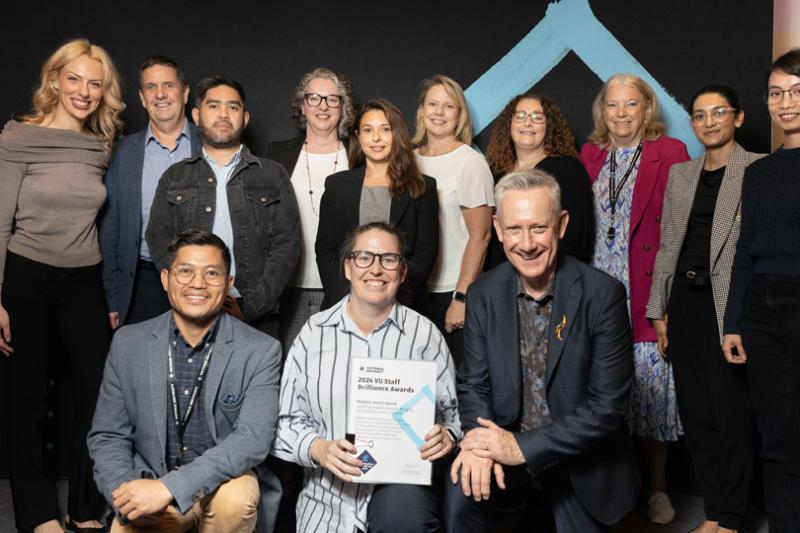Solar power helps make VU more energy-efficient
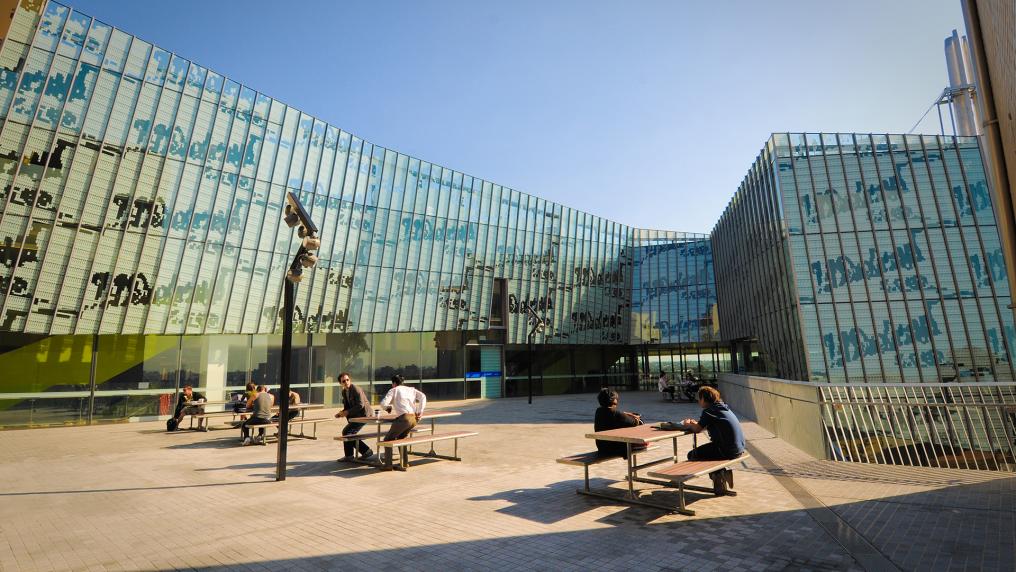
New rooftop solar panels are the latest step towards Victoria University’s sustainability goals, joining a series of green initiatives including recycled water and waste-reduction programs.
The new solar panels – a large expansion of VU’s existing solar program – are being installed on the rooftops of buildings across Footscray Park, Werribee and St Albans campuses.
Additional solar panels are also set to be installed at Footscray Nicholson and Sunshine campuses by the end of 2022.
All up, the solar panels will cover over 9,000 m2 of rooftop space and will generate 4,648 KWh of solar energy.
“By the end of 2022, VU’s total solar power generation will be approximately 8% of its electricity consumption,” says Peter Cosman, Director of Capital Program and Master Planning at VU.
“This is expected to reduce VU’s carbon footprint by over 1,660 tonnes of CO2e [carbon dioxide equivalent] each year.”
Working towards net zero
“Our investment in solar power is just one part of a large body of work around meeting the University’s target of net zero greenhouse gas emissions,” Cosman explains.
"VU is committed to supporting the UN Sustainable Development Goals, and improving our facilities to be more energy-efficient is one important part of this."
Along with solar power, VU continues to invest in a number of projects designed to make our campuses more green, sustainable and climate-smart, supporting our goal of Protecting Country.
These initiatives include:
- 100% renewable electricity purchasing, which reduces VU’s carbon emissions by an average of 23,305 tonnes of CO2e each year.
- Rainwater and recycled water programs, including a rainwater harvesting and backwash treatment facility at Footscray Park Aquatic and Fitness Centre that saves approximately 2 million litres of water each year.
- Energy-efficient heating and cooling systems, replacing gas with renewable electricity.
- Campus greenery including ‘living lab’ rooftop gardens, green walls and grassland reserves, with a focus on biodiversity, water conservation and protecting indigenous flora and fauna.
- Waste and recycling programs, with a commitment to using recycled and reusable materials wherever possible and providing recycle bins for paper, cardboard, bottles, cans, plastic, toner cartridges and scrap metal.
- 5-Star Green Rating for all new buildings, using sustainable design features and/or recycled construction materials.
